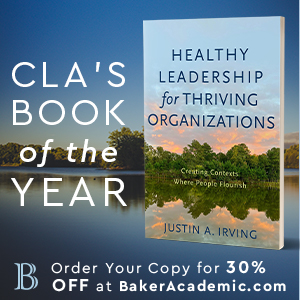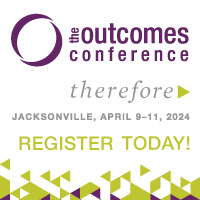
The Moral Meaning of Money By Mark L. Vincent
 THE STEWARD LEADER AND THE MORAL MEANING OF MONEY
THE STEWARD LEADER AND THE MORAL MEANING OF MONEY
Money is at the crux of many ethical dilemmas in the marketplace. Choices are often made in a moment, and in that moment a person’s or organization’s history, values, preferences and ethics come together.
Consider the $561,000 bequest from Raymond Brown, now deceased, to the Lodi Valley Historical Society in Lodi, Wisconsin. A stipulation connected to the bequest, however, was that the entire Society board must resign and agree never to hold a governing role in the Society again (Lodi board quits so group can accept gift. 2005, March 5. Milwaukee Journal Sentinel, p. 2B). Deciding how to respond did not just affect the board, but members of the Historical Society and the surrounding community. Because the board initially balked at resigning, believing it an unreasonable and perhaps unethical demand, seven Lodi Historical Society members decided to sue the board so the money would not be lost. The embattled board resigned just as the court case was about to begin.
A situation like this creates what Laurie Calhoun calls a “Dirty Hands” scenario, where “doing the right thing may or may not lead to good consequences” (Calhoun, Laurie. 2004. The Problem of “Dirty Hands” and Corrupt Leadership. The Independent Review, 8(3), 363-385). One might go even further. This illustration removes the possibility of any right choice. Everyone gets caught in the moral quandary. Everyone ends up with dirty hands—the donor not distinguishing between giving and manipulating, the board caught between moral principle and the fiscal health of the organization, and the Society—brutally fighting over competing loyalties.
Expectations of others, institutions, and marketplace also converge on those making ethical choices. .Much of the literature on the subject is polarized between practical positions of understanding money as something to use (consumption) or something to protect (conservation). Where the literature is more reflective in nature, it tends to be religious or philosophical and invites the seeker to not be materialistic (ascetic).
Might a better way be to construct moral meaning be to draw on themes of creation: defining, building, increasing, managing and growing?
It can be observed that when the ethical literature—whether consumption, conservation or ascetic in orientation—begins to detail what should be done to make the world better, it readily uses creation themes. This is because economic language in consumption, conservation or being ascetic is incomplete. People and organizations with these orientations normally use language that focuses on taking, stopping or withdrawing, so they must appropriate other language in order to describe what they wish to build. It is ironic that people and organizations in such apparent disagreement must borrow from the same perspective in order to cast a vision.
For example, a consumption-oriented person wishing to protect the free-market society so they can remain a consumer must expand language to that of building and managing that market. If the market disappears they cannot function as a consumer. They must seek to build and manage protections to preserve (conserve) the market. At the moment they begin speaking of preserving the ability to consume, they move into creation space.
Similarly, the conservation-oriented organization that wants to preserve a resource must expand language to that of building and managing in order to describe how it intends to succeed. An organization cannot conserve a thing without consuming resources to do so.
The ascetic perspective does not escape the language problem either. In order to describe how to withdraw and create sanctuary from the material world, the ascetic perspective must also build and manage. Even hermit’s caves get organized.
Consider an ethical dilemma your organization faces. Which of these orientations is in play? How might a creation orientation create a new range of options for how to manage that dilemma?
####
Mark L. Vincent is the CEO of Design Group International. He serves as a CLA Leader2Leader facilitator and is actively involved as a subject matter expert and faculty for the CLA Outcomes Academy – Online. His post today is an except from his work entitled, Creation: the moral meaning of money (2005 Design For Ministry.)
Outcomes365 is a yearlong training intensive that equips men and women for leadership excellence. Based on Biblical principals and practical applications, participants have the opportunity to immediate apply what they learn. Christian Leadership Alliance believes that it is in ‘the doing’ the most profound transformation happens.
LEARN MORE!  www.Leadershio.Bible
www.Leadershio.Bible

What is Christian Leadership Alliance?
Christian Leadership Alliance equips and unites leaders to transform the world for Christ. We are the leaders of Christ-centered organizations who are dedicated to faithful stewardship for greater kingdom impact.
Sign up for FREE blog updates.
Upcoming Events
Check back later!



